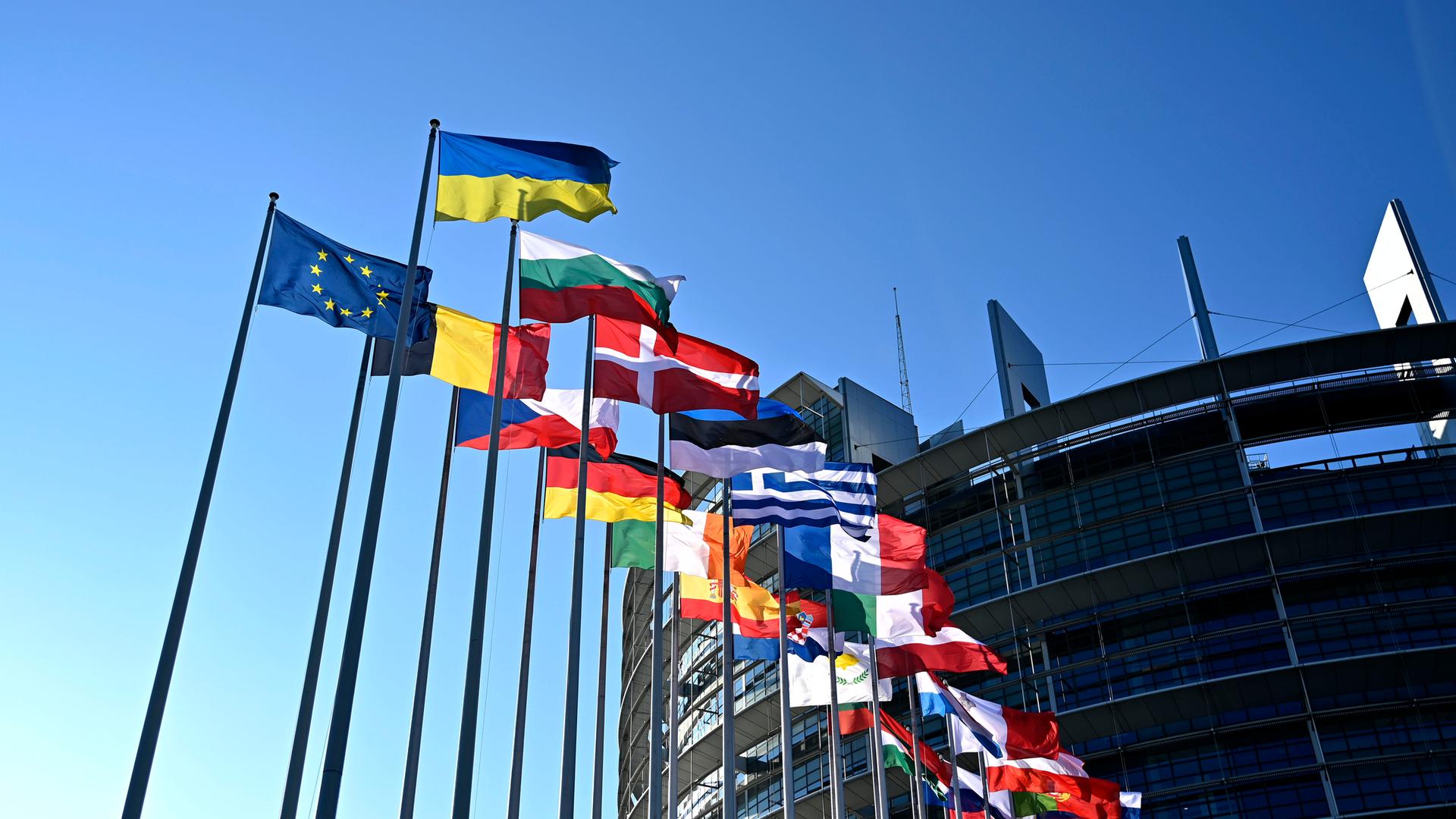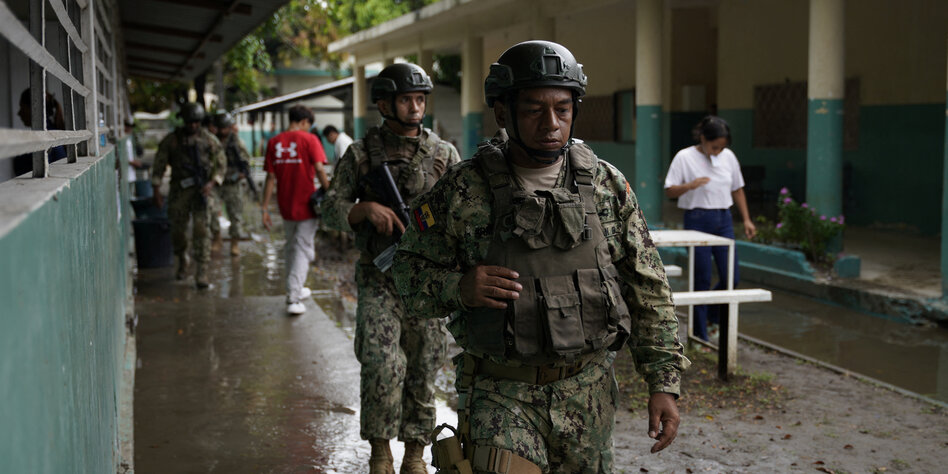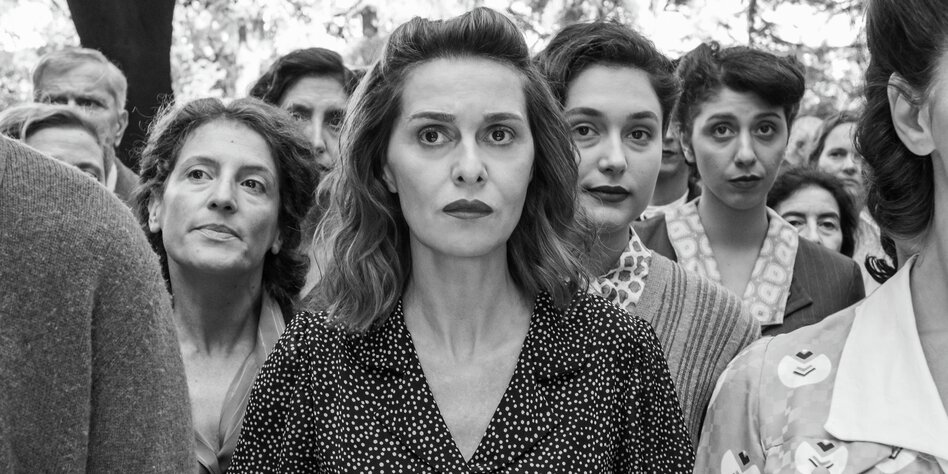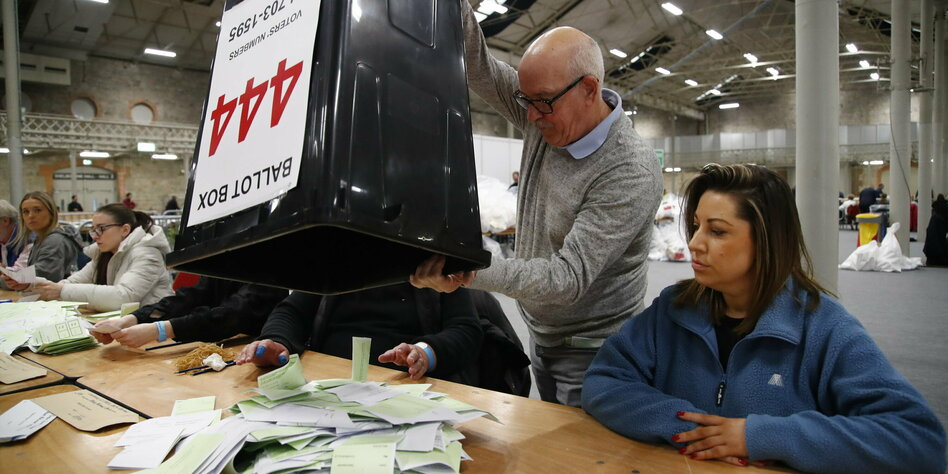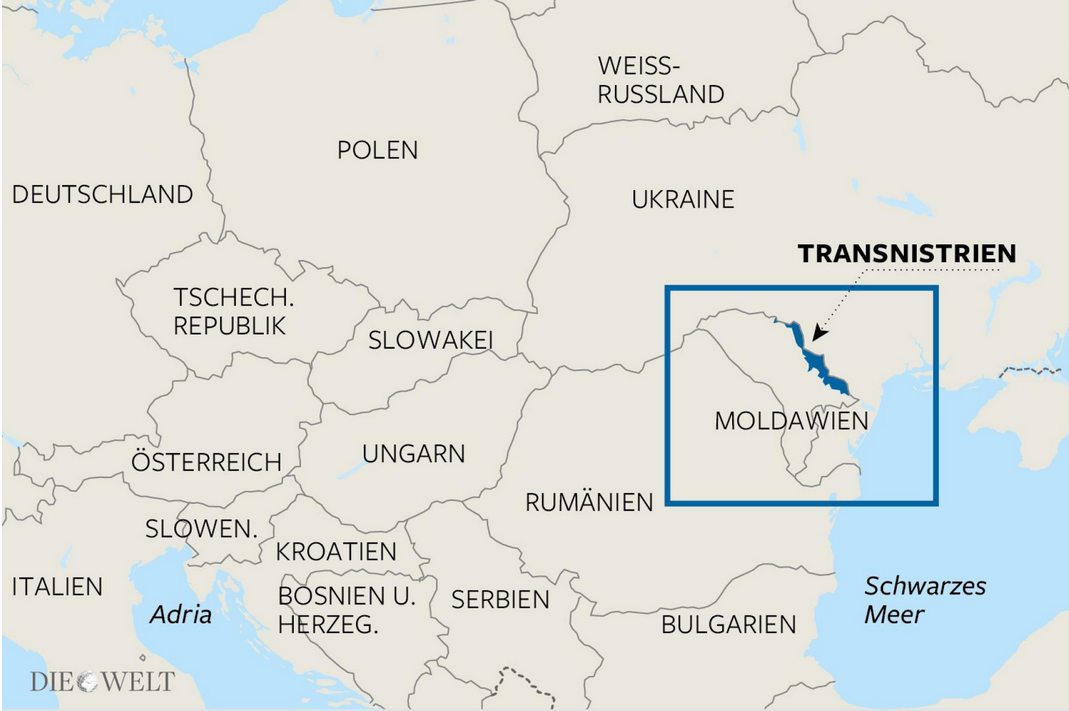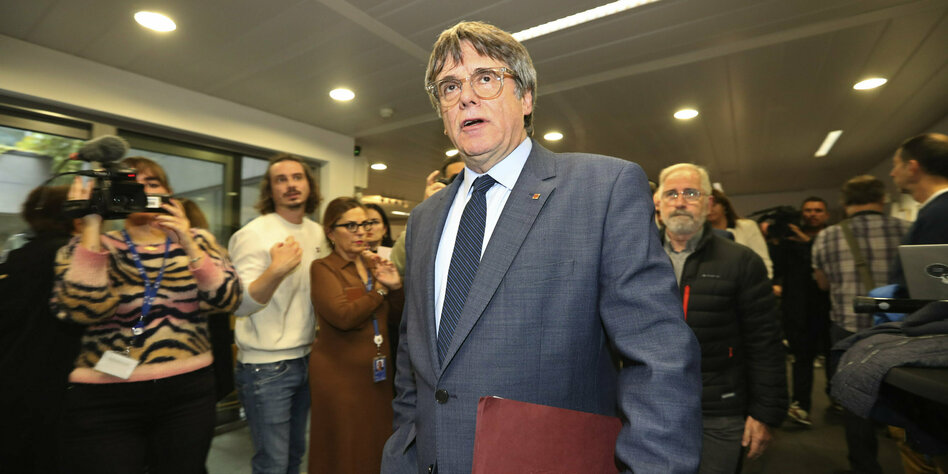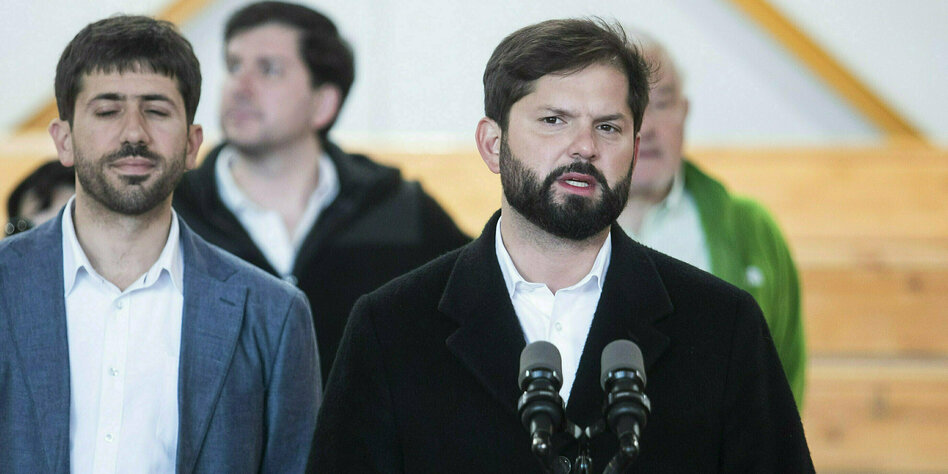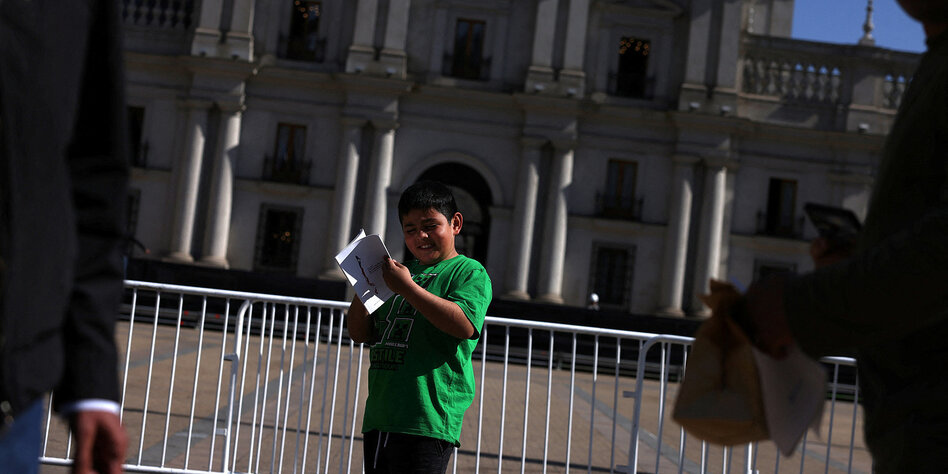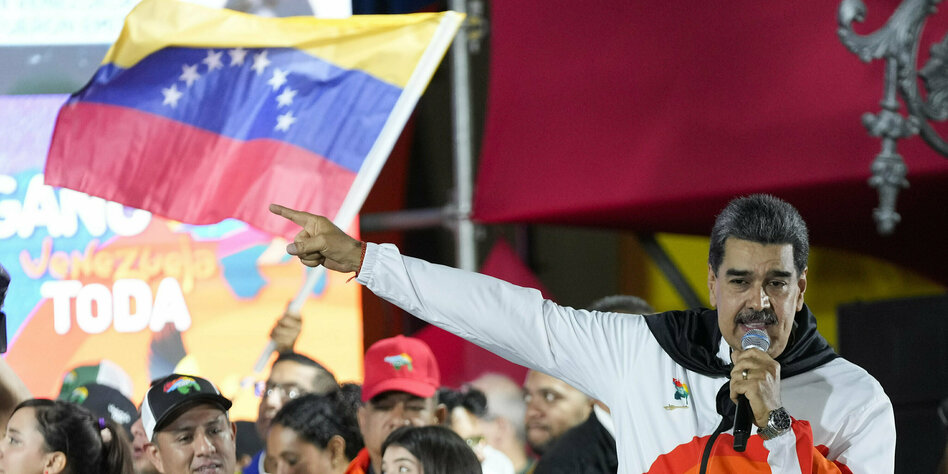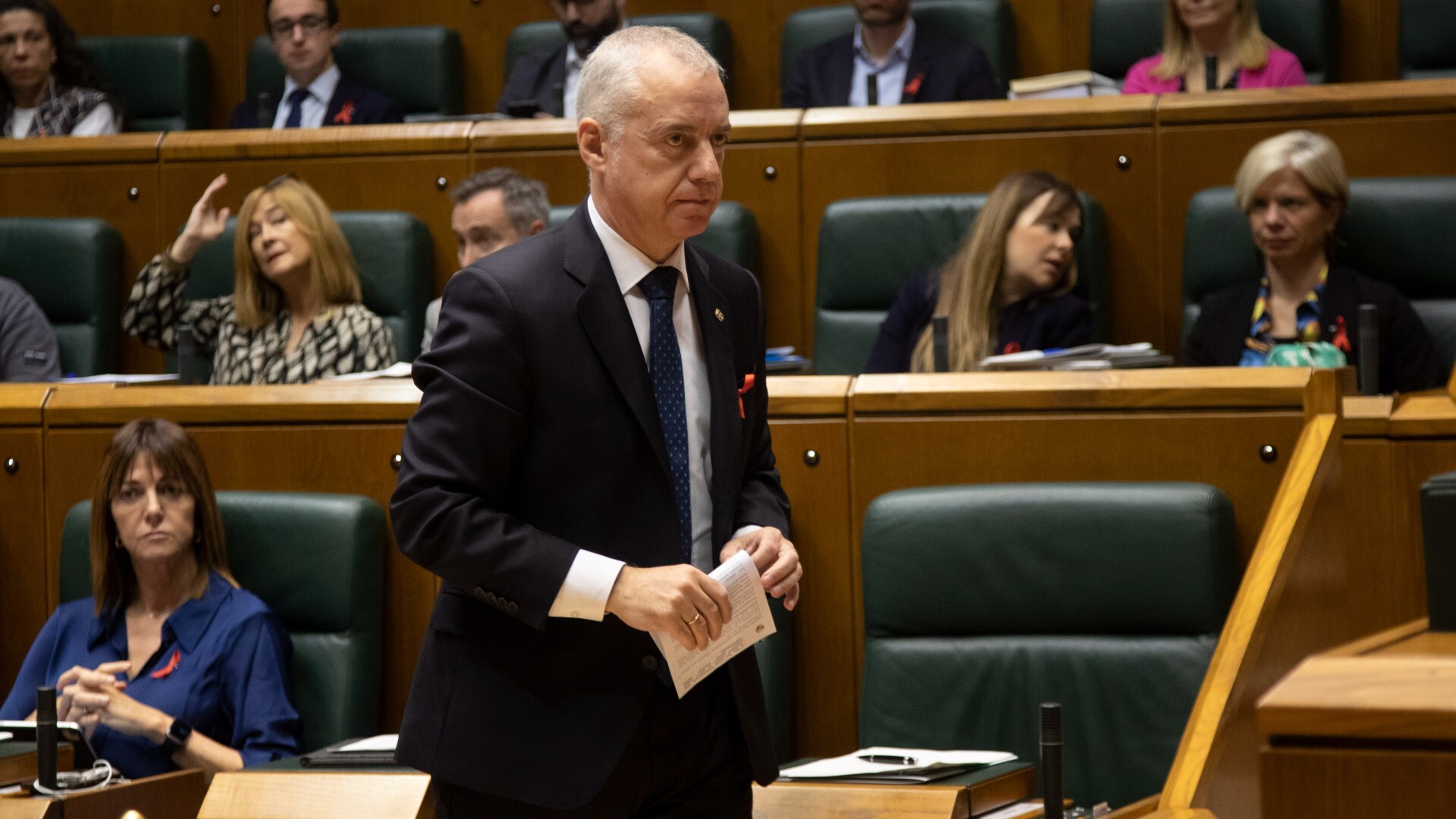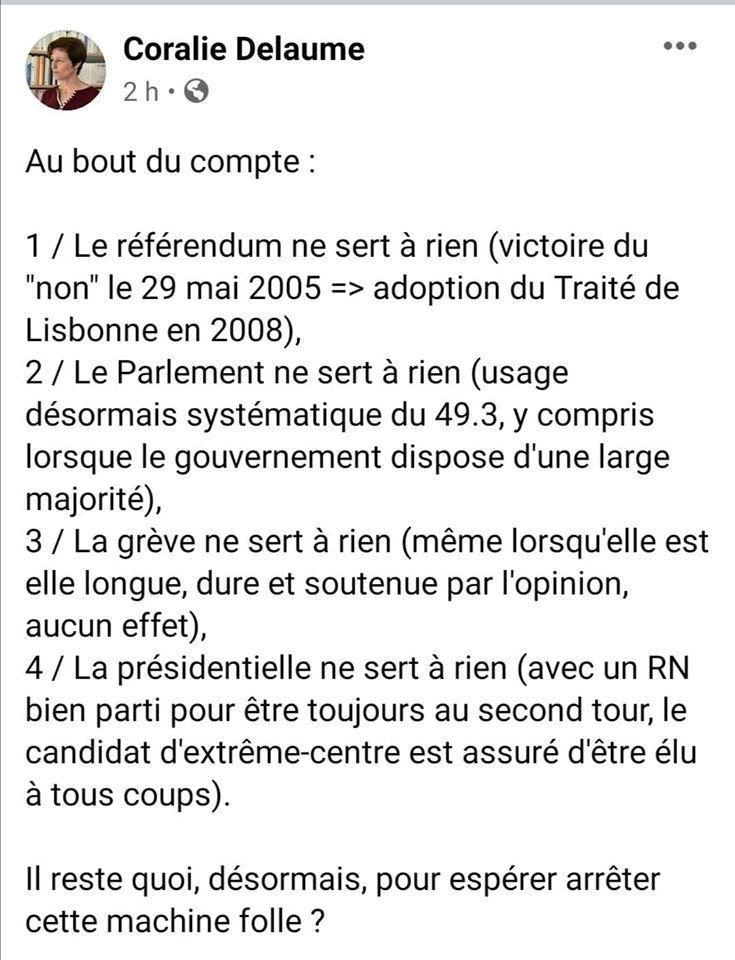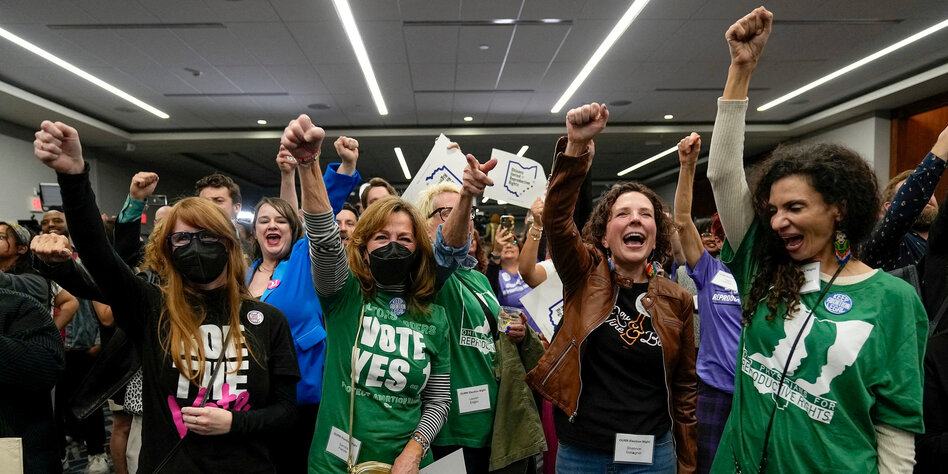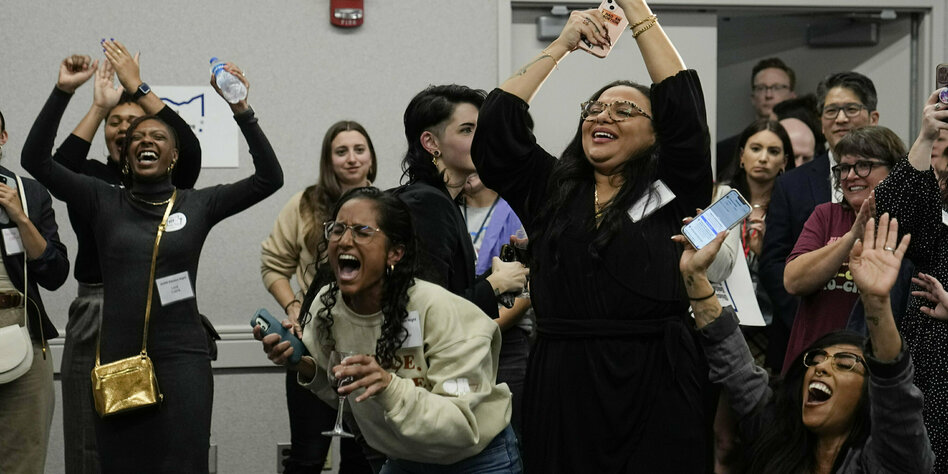Les #droites au #pouvoir en #France.... #Souvenirs souvenirs
Recette : On reprend les mêmes ou presque, et on est bon.
Ah... Tout doucement, vu la #droitisation ambiante, le fameux #extrême-centre #bourgeois s'affirme de plus en plus comme ce qu'il est, entre la #droite #autoritaire et l' #extrême-droite...
Et pour le reste, le #peuple et son #impuissance : tout pareil !
Le #QuaranteNeufTrois, les #grèves écrasées, les referendums bidons, tout y est.
(Pas étonnant que les droites veuillent en plus faire un #referendum sur le sujet de l' #immigration,; vu qu'ils font ce qu'ils veulent d'une telle consultation (à commencer par biaiser la question ! ^^ ))
Et paraît que les mêmes au pouvoir, appellent cela la ... #démocratie.
Hommage à la défunte #CoralieDelaume au passage.
On progresse, sans déc on progresse.
